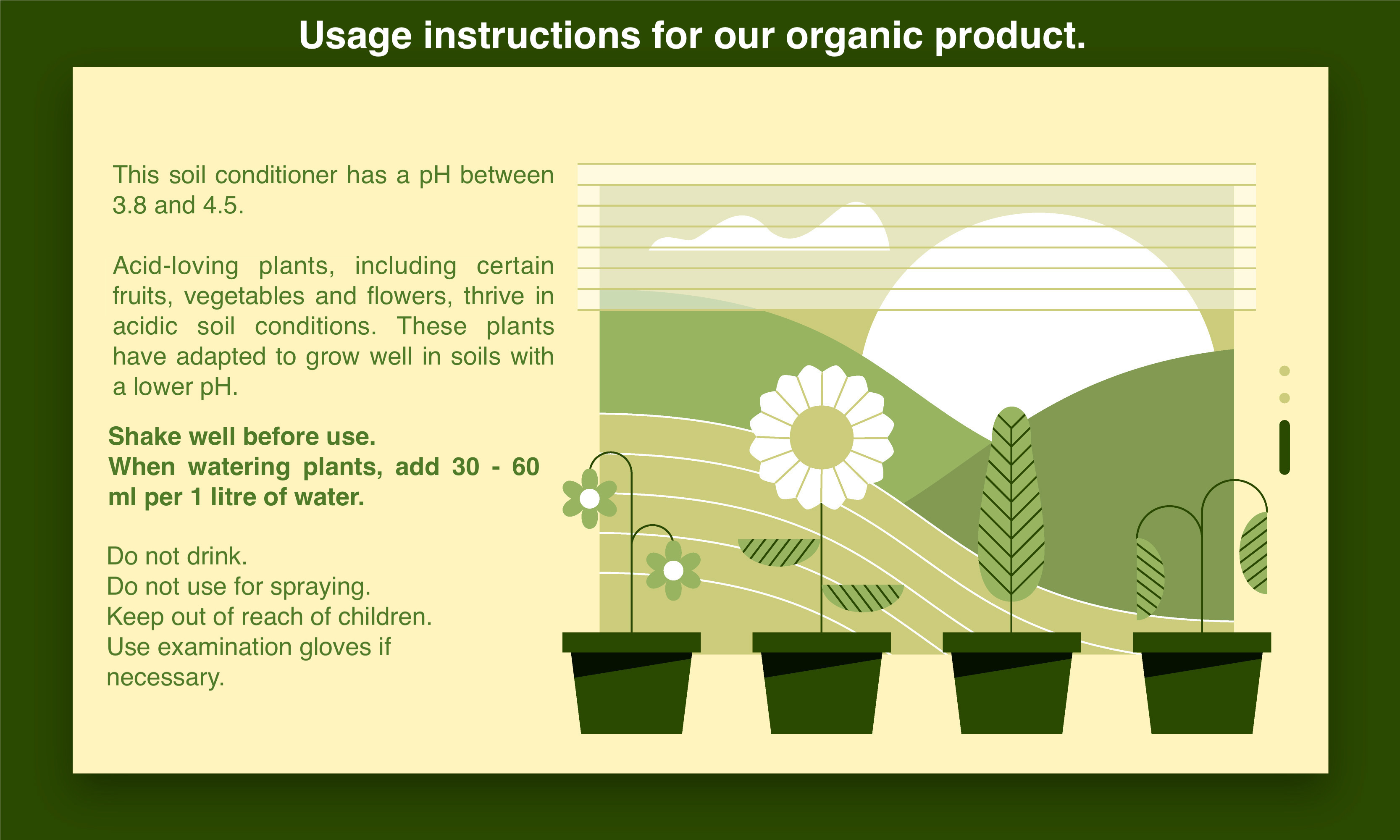Enhance Your Garden with the Perfect Blend of Flowers and Soil.


Boost Your Garden's Health with Organic Soil Fertilisers:
A Natural Solution for Flourishing Flowers.
Enhanced Plant Health:
Organic fertilisers contribute to strong plant growth, making plants more resistant to pests and diseases. Healthier plants are better equipped to withstand stressors and adverse environmental conditions.
pH Regulation:
Many organic fertilisers, such as compost, have a natural buffering capacity that helps regulate soil pH. This is particularly beneficial for maintaining optimal pH levels for plant growth.
Reduced Environmental Impact:
Organic fertilisers are typically derived from renewable resources and involve minimal processing. They release fewer pollutants into the environment compared to synthetic fertilisers, which can help reduce water pollution and soil degradation.
Carbon Sequestration:
Organic fertilisers can contribute to carbon sequestration in the soil, helping to mitigate the effects of climate change by storing carbon dioxide in the form of organic matter.
Sustainable Agriculture:
Using organic fertilisers aligns with sustainable agricultural practices that prioritise soil health, biodiversity, and long-term ecosystem balance.
Safe for Beneficial Organisms:
Organic fertilisers do not contain synthetic chemicals that can harm beneficial insects, pollinators, and other wildlife. This contributes to a healthier ecosystem in and around your garden.
2026. ELM ALLEY
info@elmalley.co.uk
Spalding. Lincolnshire.
All rights reserved.
